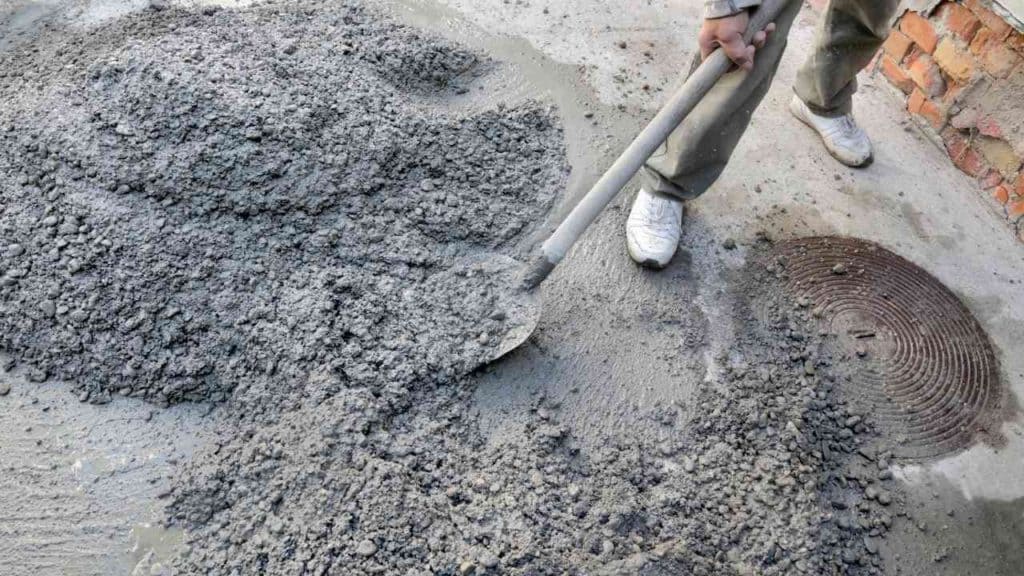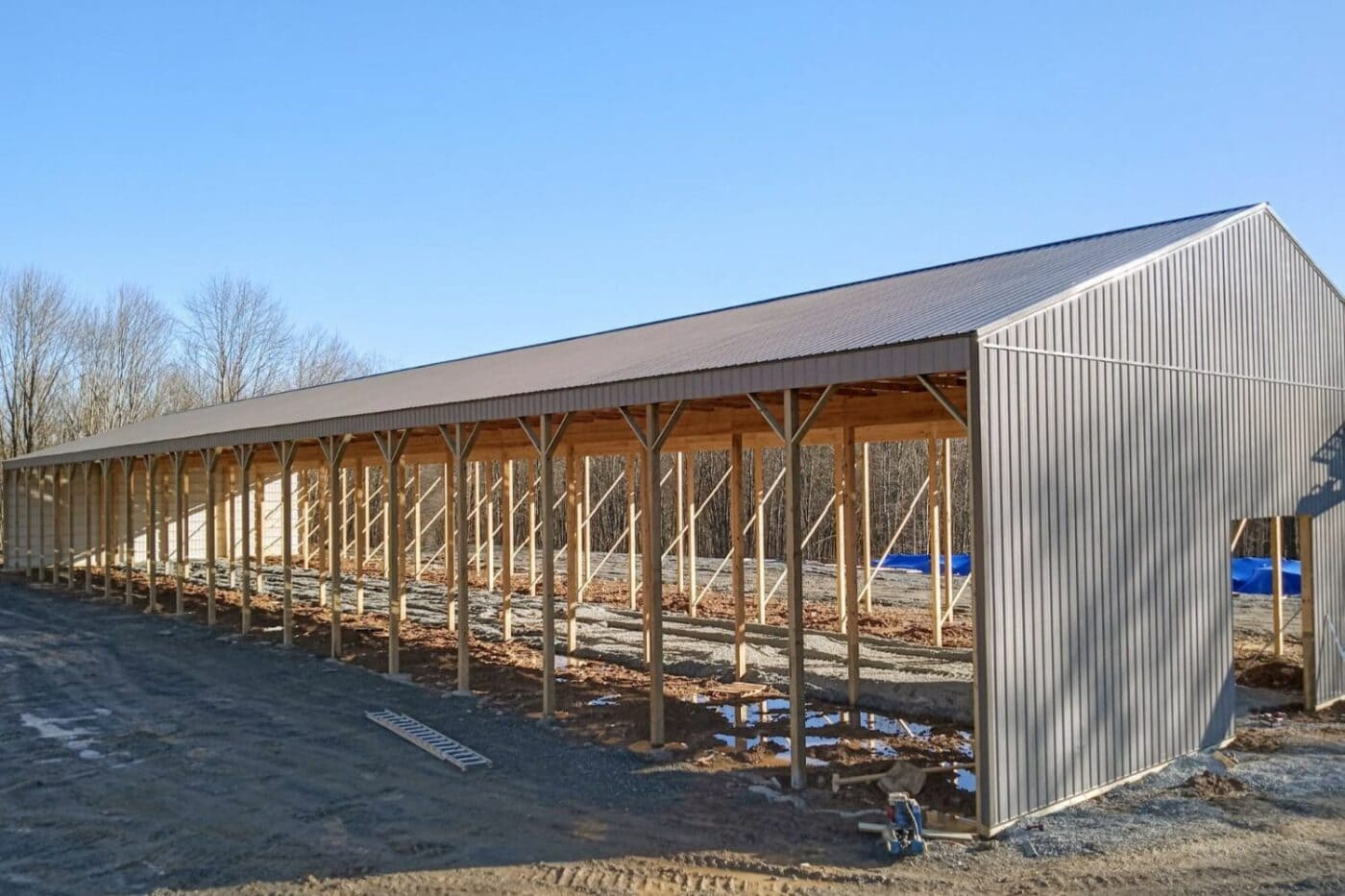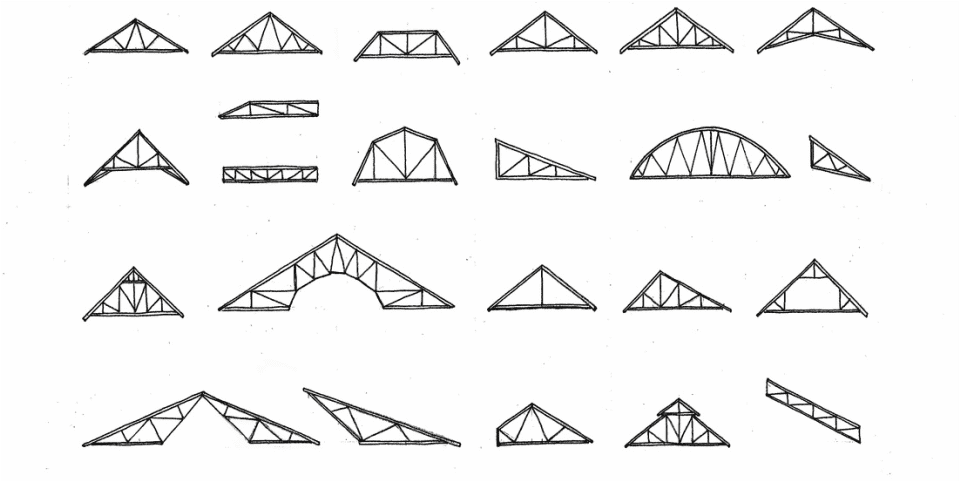Introduction:
When it comes to constructing a durable and long-lasting driveway, one of the critical factors to consider is the concretes PSI (pounds per square inch) strength. The PSI rating of concrete reflects its compressive strength and plays a vital role in determining how well the driveway will withstand the test of time. In this article, we will delve into the significance of concrete PSI in driveways, why it matters, and how it can impact the overall performance and longevity of your driveway.
What is Concrete PSI?
Concrete PSI is a measure of the compressive strength of concrete, indicating its ability to withstand pressure or weight. It is expressed in pounds per square inch, and the higher the PSI rating, the stronger the concrete. In driveway construction, the recommended PSI typically ranges from 3,000 to 4,000, but local building codes and specific project requirements may influence the choice of PSI.
The Impact of Concrete PSI on Durability:
The durability of a driveway is directly linked to the concrete’s PSI. A higher PSI rating means that the concrete can withstand heavier loads and resist cracking and crumbling over time. This is especially crucial for driveways, which constantly endure the weight of vehicles and are exposed to various weather conditions.
Load-Bearing Capacity:
The load-bearing capacity of a driveway is determined by the concrete’s PSI. A driveway with a higher PSI can support heavier vehicles without experiencing structural damage. This is essential for homeowners with larger vehicles or those who anticipate increased traffic on their driveways.
Resistance to Cracking:
One of the primary concerns in driveway construction is the potential for cracking. Factors such as temperature changes, freeze-thaw cycles, and heavy loads can contribute to concrete cracking. Choosing a concrete mix with an appropriate PSI rating helps minimize the risk of cracking, ensuring a smoother and more aesthetically pleasing surface.
Climate Considerations:
The climate in which a driveway is located also influences the choice of concrete PSI. In areas with extreme temperature variations, it is crucial to select a concrete mix with a higher PSI to withstand the expansion and contraction that can occur with temperature changes. This is particularly important in regions prone to freezing and thawing.
Long-Term Cost Savings:
While concrete with a higher PSI may come with a higher initial cost, it often results in long-term cost savings. A more durable driveway requires less maintenance and repairs over time, reducing the overall cost of ownership. Homeowners should view the investment in higher PSI concrete as a wise decision for the longevity and performance of their driveways.
Importance of Professional Installation:
Achieving the desired PSI and ensuring proper driveway performance also depends on professional installation. Hiring experienced concrete contractors who understand the local climate, soil conditions, and building codes is crucial for a successful driveway project.
Conclusion:
In conclusion, the concrete PSI of your driveway is a critical factor that should not be overlooked. It directly impacts the durability, load-bearing capacity, resistance to cracking, and overall performance of the driveway. Investing in higher PSI concrete, combined with professional installation, can result in a driveway that withstands the test of time, providing long-term value and minimizing maintenance costs. Before embarking on a driveway construction project, carefully consider the concrete PSI requirements to ensure a robust and resilient end product.





